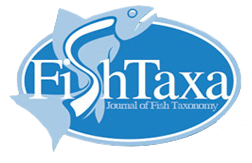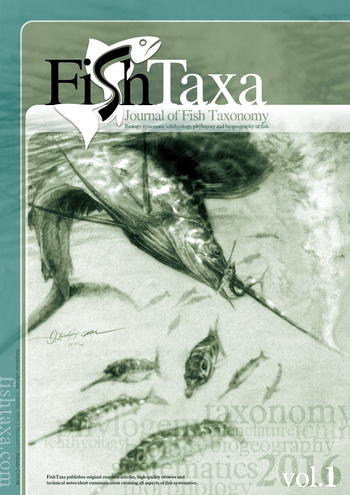Cryptic Species Diversity in Coral Reef Fish Communities: Identification and Implication
Tyler Fidel, Benjamin Zachary Australian Research Council Centre of Excellence for Coral Reef Studies and the College of Science and Engineering James Cook University, Townsville, Queensland, Australia
Abstract
Coral reefs are among the planet's most biologically varied and ecologically significant ecosystems, supporting various marine species. Coral reef fish populations are among the enthralling creatures that call these underwater wonderlands home. However, their cryptic species variety conceals a world of hidden intricacy underneath their superficially alluring exteriors. Cryptic species defy conventional taxonomic theories by appearing astonishingly similar but genetically diverse. The discovery of cryptic species within coral reef fish ecosystems is explored in this essay, along with the broad implications of this concealed diversity for management and conservation. Application of cutting-edge molecular and genetic tools is required to identify cryptic species. Cryptic diversity is crucial for preserving coral reefs' essential ecological functions. The discovery of cryptic species comes with difficulties, including the requirement for specialized knowledge and continual monitoring as technology advances. Future studies should concentrate on improving the accessibility of molecular methods and thoroughly comprehending the ecological relationships between cryptic and non-cryptic species within reef ecosystems. In sum, the discovery of cryptic species in coral reef fish populations highlights these ecosystems' underlying complexity. It encourages us to take a more nuanced and comprehensive approach to management and conservation, considering the numerous ecological and genetic threads that make up the fabric of reef life. We become more aware of the wonders of nature and our responsibility to protect them for future generations as we dive further into the ecological and genetic complexities of cryptic species.

